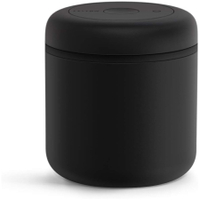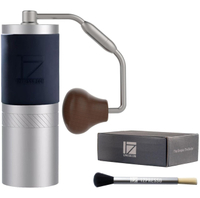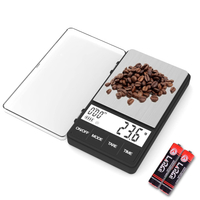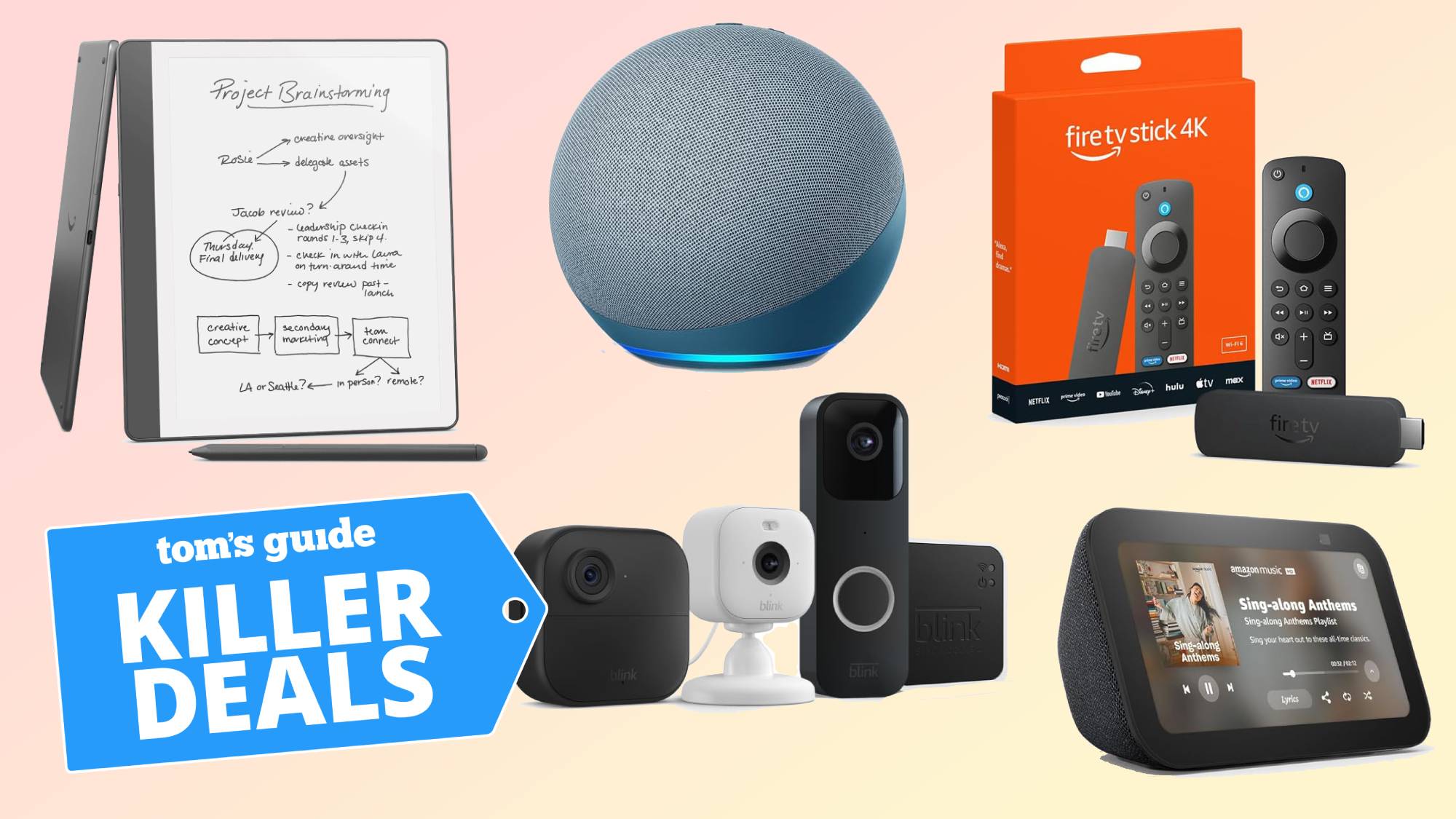Want better coffee at home? I asked 3 coffee experts for their top tips
Every coffee enthusiast needs to know these top tips
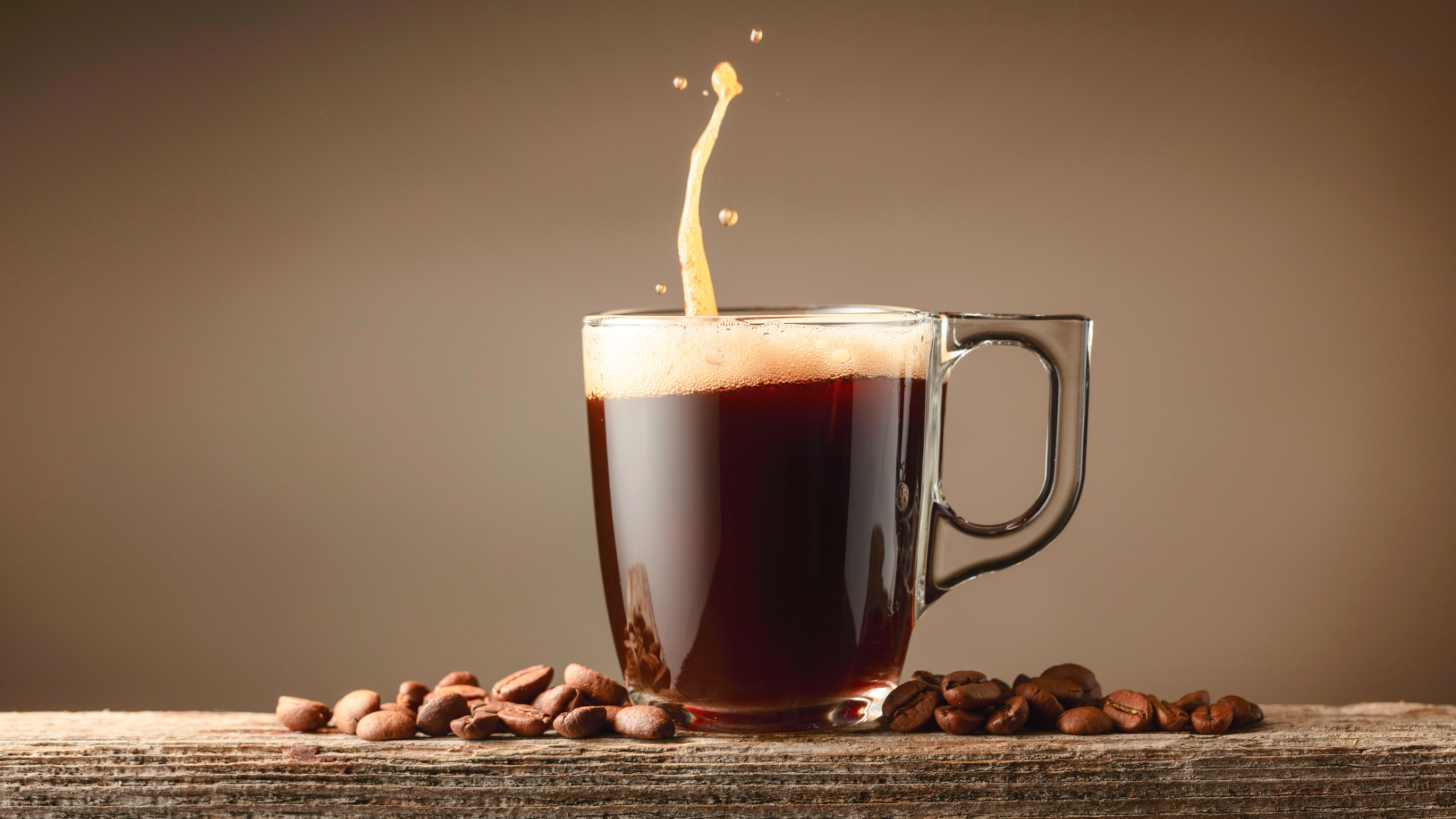
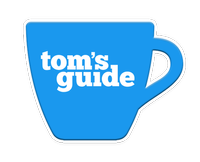
It's Coffee Week here at Tom's Guide. With National Coffee Day on September 29th and World Coffee Day on October 1st, it's the ideal time to think about how to perfect your home coffee setup, or even consider investing in one of the best coffee makers.
I've got 5 years of experience testing coffee makers, but I'll be the first to admit that I'm no barista. So when I'm trying to find the very best advice for readers to perfect their home brewing game, I need to turn to the pros. I asked 3 coffee aficionados what tips they would give home coffee enthusiasts, and here's what they said.
1. Keep it fresh
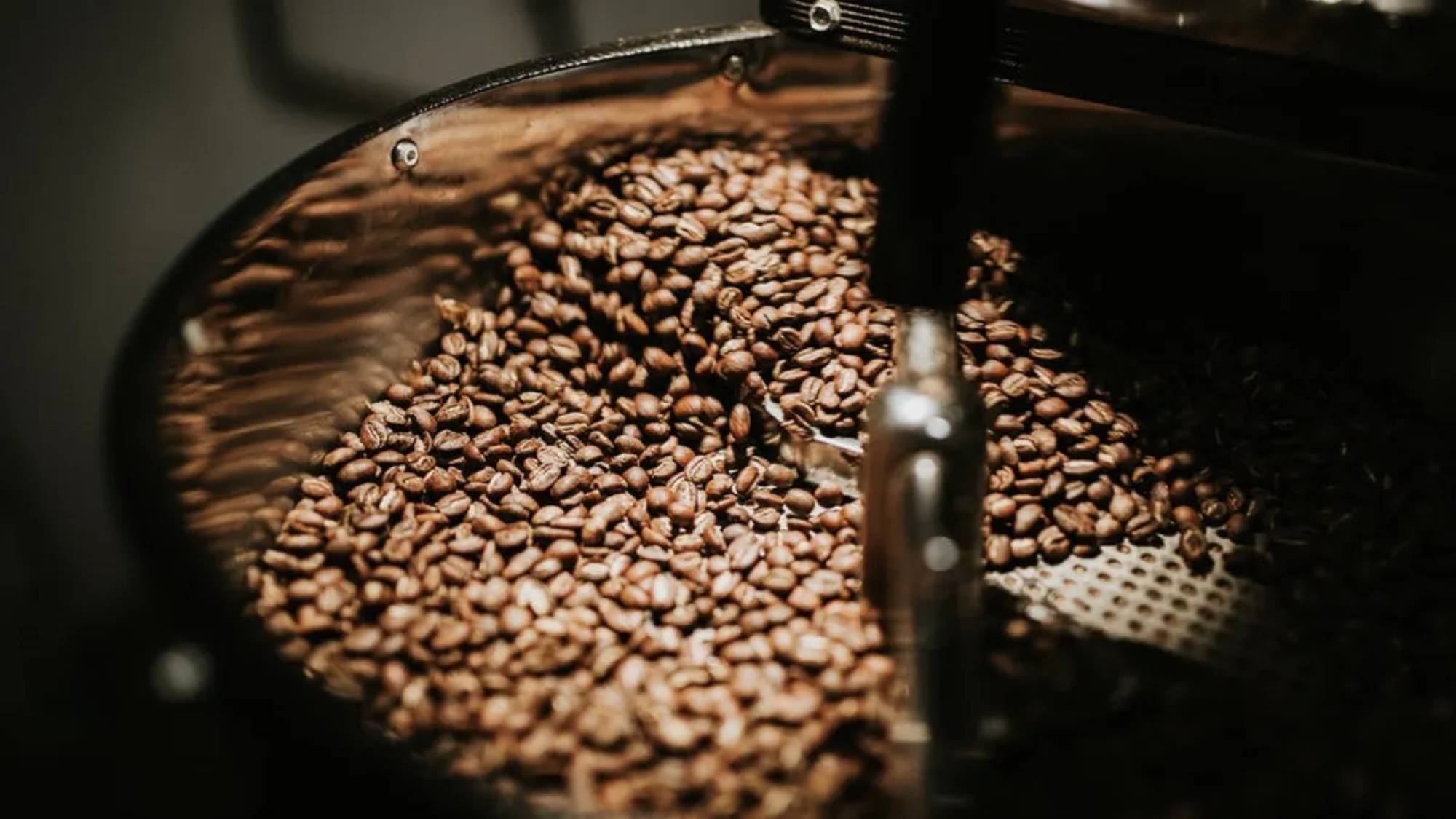
"Getting the most out of your home brewing starts with having freshly roasted coffee," says Dave Lanning, an artisan craft coffee roaster who's been in the business for more than two decades. "Ideally, coffee roasted one to two weeks before brewing will produce the best flavor because it has time to degas. Degassing allows the beans to release the carbon dioxide created during the roasting process."
For Shonali Paul, founder of Paul John Indian Caffeine Company, the secret to good coffee is also in the beans. "Make sure to have a vacuum seal canister. The canister will allow you to keep your beans fresh the longest," she told me.
For Lauren Abendroth, Director of R&D at Death Wish Coffee Co., freshness is also a major factor in the flavor of your finished brew. "Keep your coffee as fresh as possible by limiting exposure to oxygen and moisture to prevent the coffee from staling and imparting undesirable sensory attributes to your brewed cup. Airtight containers designed specifically for coffee storage are a great option for this."
Fellow Atmos Vacuum Coffee Canister: $35 @ Amazon
This vacuum coffee canister from Fellow can hold 0.7 liters of beans at a time, and features a silicone ring that stops air, moisture and odors from degrading the coffee inside. It also looks great next to Fellow's range of grinders and brewers.
2. Grind your own beans
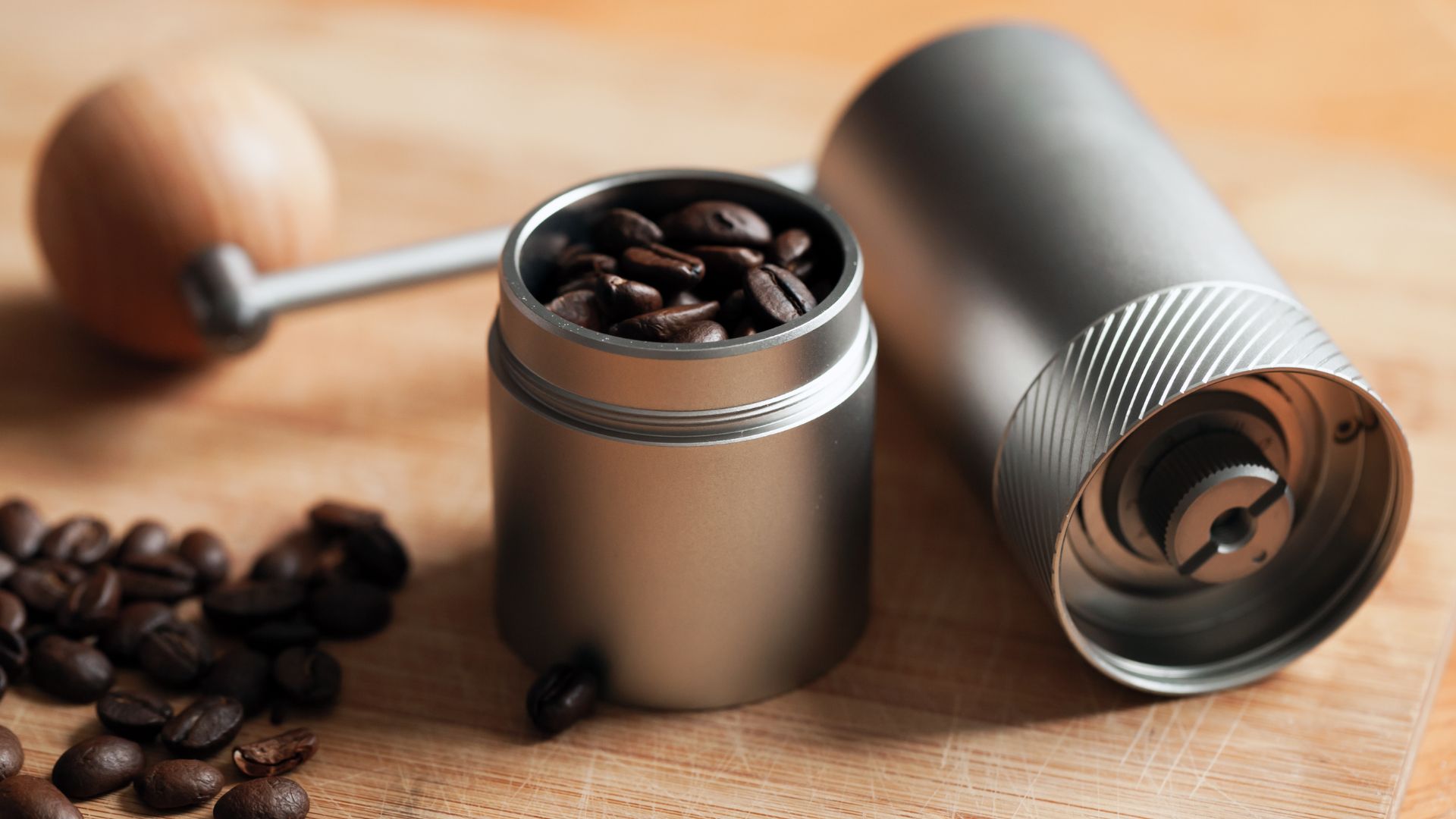
"I would also make sure you are buying beans and not ground coffee," says Paul. This allows you to brew coffee multiple ways and hone into your barista skills, as you experiment with multiple brewing methods. This will require you to get a grinder if you don’t have one already, have one along with your espresso machine. It is a worthy investment to enjoy the most delicious coffee at home!"
"Leaving beans whole and grinding right before brewing will also help to make the best coffee possible," says Lanning. "Once you grind the beans, oxidation degrades the flavor compounds in the coffee."
Sign up to get the BEST of Tom's Guide direct to your inbox.
Get instant access to breaking news, the hottest reviews, great deals and helpful tips.
For Abendroth, it's also important to make sure you're using your grinder correctly for the type of coffee you're making, and that you use the best coffee grinder for your desired drink. "When grinding your own beans, check out the user manual of your brew equipment to ensure that the coffee grounds are an optimal size for your brewing setup."
"A general rule of thumb is the longer the coffee and water contact time is, the larger the grind needs to be. If the grind is too fine for the brew method, your coffee will be over extracted and bitter. If the grind is too coarse, your coffee will be watery and lack flavor."
1Zpresso J Manual Coffee Grinder: $139 @ Amazon
Hand grinding is one of the best ways of getting full control when brewing from home, and you can also get a really good hand grinder without spending a lot of money. I recommend the 1Zpresso for this. It's a bit of an arm-workout, but ideal for those who measure and grind one cup at a time.
3. Get your ratio right
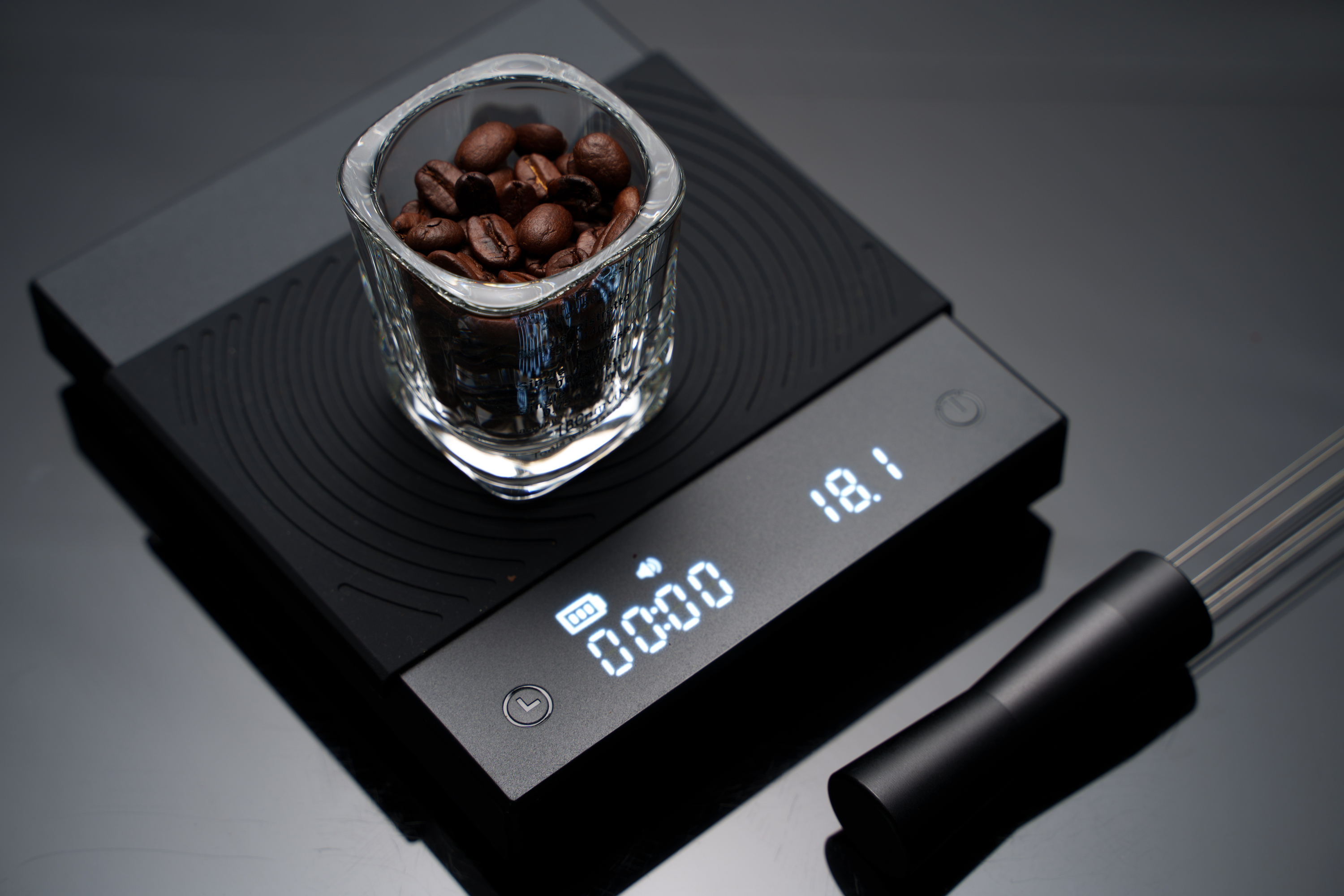
The strength and flavor profile of your coffee is all in the ratio. "Coffee is part science and part art," Abendroth told me. "If you brew a coffee a specific way and it isn’t exactly what you were hoping for, change a variable like the amount of coffee, grind size, or water temperature for your next brew. Chances are you will find the perfect ratio to suit your taste."
A huge part of finding and maintaining a ratio that works for you is in using the right measuring equipment. "Every coffee enthusiast should absolutely have a scale at home to make the best espresso," according to Abendroth. "There is variability that comes with using a scoop or “eyeballing” coffee ground which can lead to inconsistent taste since the coffee to water ratio is so important in the extraction process." And if you have one of the best espresso machines at home? "Weighing out the grounds will help ensure a consistently delicious, perfectly extracted espresso shot every single time."
When I asked Shonali Paul for her advice on making great espresso, she agreed that a coffee scale is a must-have. "To ensure your machine is doing what it’s supposed to do, you need a scale that can measure out the coffee grinds. The amount of espresso you get out of one pull and the amount of time it takes to yield the required amount is a fine balance. You can purchase a scale that has a timer on it as well, that can be most helpful when you’re brewing your coffee."
Weightman Espresso Scale with Timer: $20 @ Amazon
This handy little scale is cheap and cheerful, and will serve you faithfully regardless of your brew method. It measures to 0.1g, features a shot timer and boasts a super long battery life from its 2x AAA batteries.
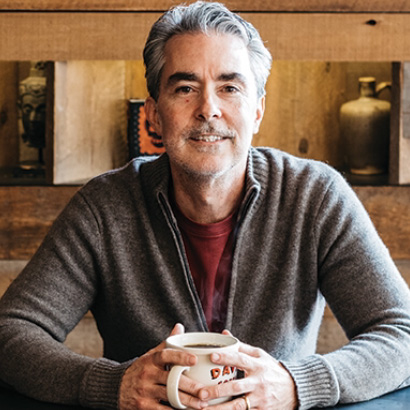
For over 20 years, Dave Lanning has spearheaded an artisan, craft-roasted coffee brand for regional wholesale distribution in upscale supermarkets, restaurants, and cafes. As the CEO and founder of Dave's Coffee, he develops a portfolio of related coffee products for national distribution, operates branded retail craft coffee bars, and oversees a 7,500 square foot roastery in Narragansett, Rhode Island from the best coffee beans sourced around the world.
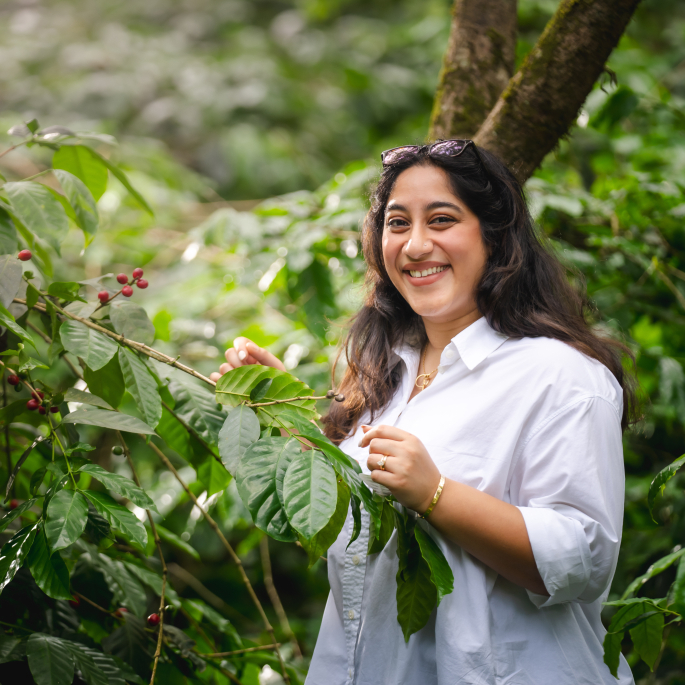
Shonali Paul, founder of Paul John Indian Caffeine Company, is an expert in coffee brewing and specialty coffee. Born in Bangalore in the South of India, Shonali is the daughter of acclaimed liquor baron and hotelier Paul P. John. She discovered her love for coffee at a very young age — and inspired to follow in her father's entrepreneurial footsteps, Shonali set out to establish the Paul John Indian Caffeine Company in 2022. She imports only the finest, single-origin coffee beans from her home in Karnataka, which are roasted, ground, and packaged in the United States. With eight exciting blends showcasing the best Indian Origin coffee, the Paul John Indian Caffeine Company helmed by Shonali aims to reveal the hidden secret of India’s coffee legacy.
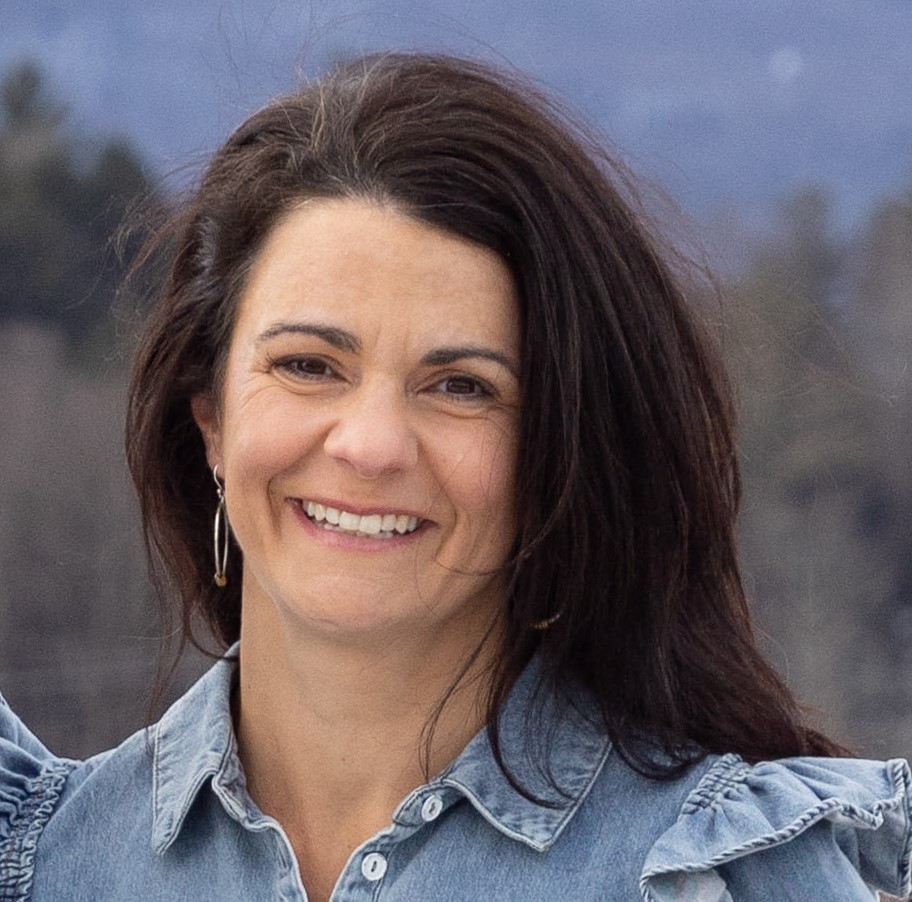
Lauren Abendroth, Director of R&D at Death Wish Coffee Co., has held Research & Development and Innovation roles in the coffee industry for the past 12 years. As a certified Arabica Q-Grader, Lauren is one of 400 individuals in the U.S. that is trained to taste and grade the quality of coffee. She puts these skills to use to create new products and to ensure that coffee quality meets specified standards. Lauren is passionate about the wholistic coffee supply chain, from the farmers to the final brewed cup. She loves the complexity and nuance of working with coffee.
More from Tom's Guide

Millie is the Senior Home Editor at Tom's Guide. She's been reviewing home tech for over five years, testing everything from coffee makers to the latest vacuum cleaners. Starting out in 2019 as a Staff Writer at TopTenReviews, Millie then moved on to Future's Homes portfolio, where she eventually oversaw all product testing as Head of Reviews.
With particular expertise in cookware and kitchen appliances, you'll struggle to find an air fryer Millie's not tested. She's traveled the world reporting on the latest home innovations and product launches, learning how to use pizza ovens from Pizzaiolos in Naples, and touring the De'Longhi factory in Venice.
When she's not reporting on home and appliance trends, Millie loves watching live music. She's currently learning the guitar - naturally, she plays a Fender.
